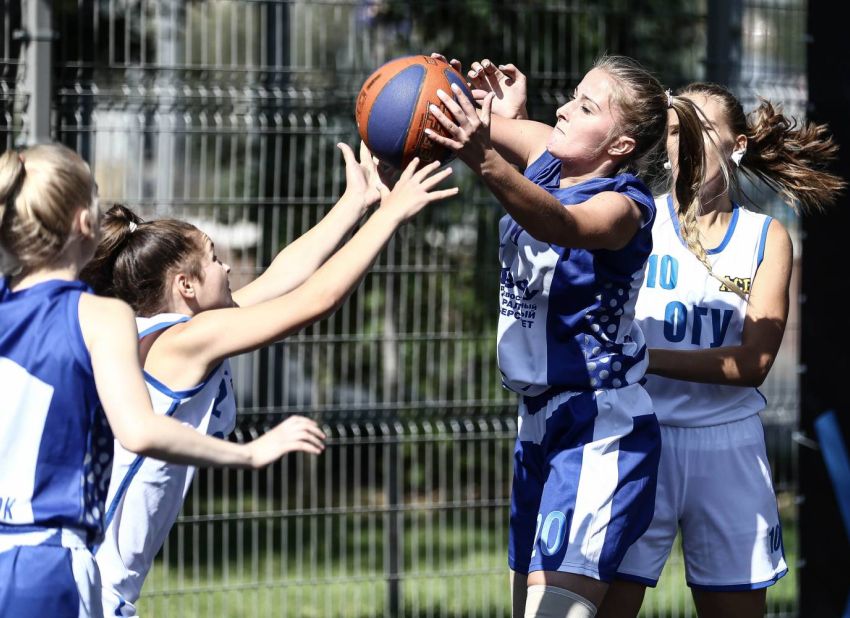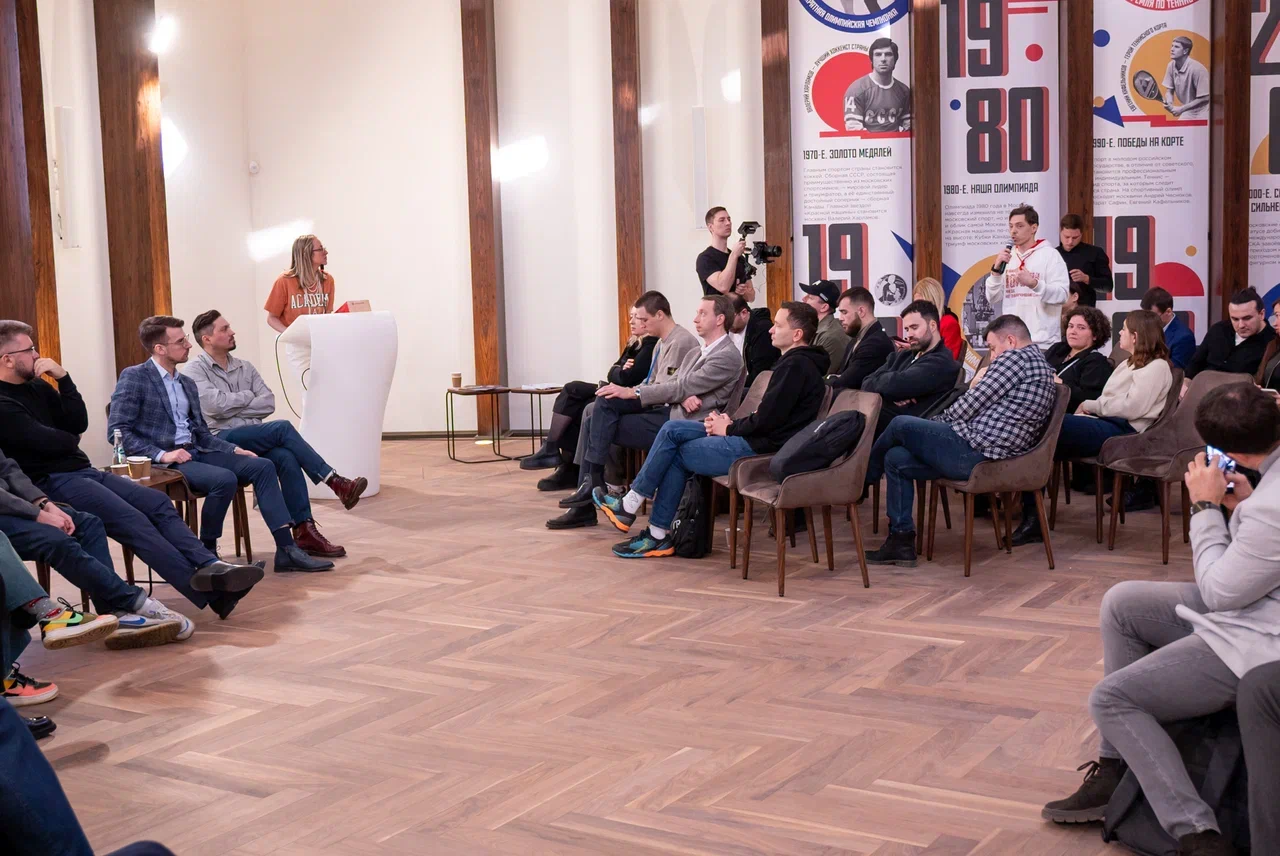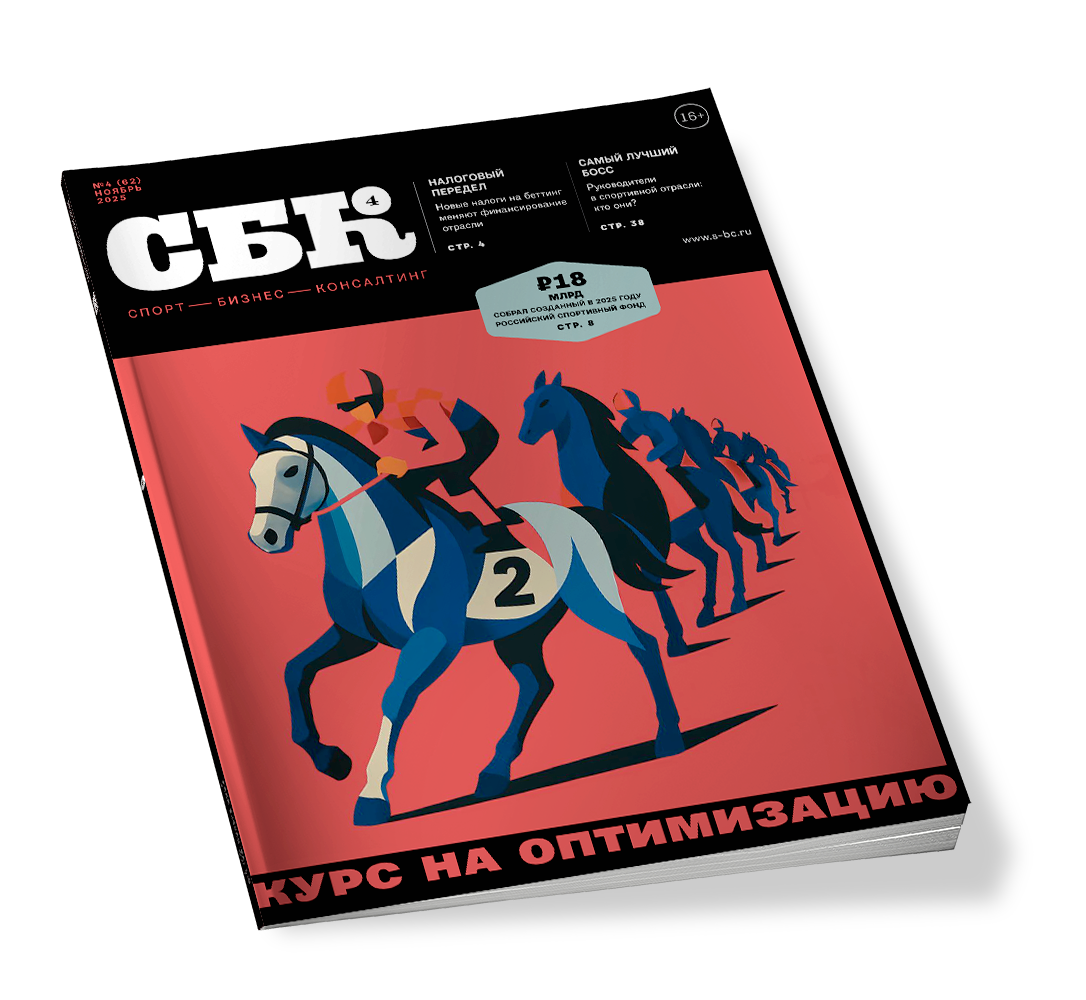The regulations of the Russian Football Union on the status and transfer of players, in part 1 article 17, stipulate that a professional football club wishing to sign a work contract with a professional footballer who at the present period has work relations, and accordingly a valid work contract, with another club, undertakes in written form to inform the indicated football club on its intentions to enter into talks with the player. In accordance with article 18 of the regulations of the Russian Football Union on the status and transfer of player, the transfer of a professional footballer with avalid work contract with one professional club to another is carried out on the basis of a transfer contract signed between the sportsmen’s new and previous clubs.
In accordance with point 2 of the standard form of the transfer contract, Football Club-1 undertakes to cancel the fixed-term work contract with the footballer from a certain date, and release him according to the transfer procedure to another employer. At the same time, FC-1 does not have the right to demand that any sport sanctions are applied to the player in connection with his transfer to FC-2. Point 3 of this standard form states that FC-2 undertakes to employ the footballer and sign a fixed-term work contact with him, also from a certain date. Thus, the norms of the according regulations of the Russian Football Union and the obligatory standard form of this contract establish the obligation for clubs to fulfill the conditions of the transfer contract connected with the cancellation of a work contract with a footballer, and his employment.
At the same time, not a single norm contains conditions about the agreement of the footballer himself to be transferred to another club. This means that the footballer may not even be aware that the club has agreed to transfer him to another football club. But the football club, after signing the transfer contract, has taken on the obligation to release the footballer on the date indicated in the contract, and if it does not do so, the judicial bodies of the RFU or the FIFA may apply sport sanctions to the club.
Furthermore, the majority of clubs do not release footballers according to the procedure of transfer to another employee, but by agreement between the parties. Some clubs are able to persuade the player to write a letter of resignation of their own free will. Thus, the clubs violate RFU regulations on the status and transfer of players, concerning the release of footballers to another employer according to the transfer procedure, as indicated in the standard form of the transfer contract.
To observe the rights of the footballer, it is necessary to receive some kind of written agreement from the player to be transferred to another club, whether this is simply a statement or a signature in the transfer contract on the conditions of transfer. Otherwise, the footballer becomes the hostage of the relations between the two clubs.
In order to avoid conflict situations between clubs, footballers and the organization holding competitions, it is necessary to ensure that football clubs observe RFU regulations on the status and transfer of footballers, concerning the release of players according to the procedure of transfer to another employer – so that all interested parties can reach an agreement about the transfer of a footballer with a valid work contract. I believe that such transfer contracts should be rejected without applying sport sanctions to the player, and without infringing the rights of the footballer to work in a new football club.
TRANSFER AGREEMENT AND REGULATIONS
The regulations of the Russian Football Union on the status and transfer of players, in part 1 article 17, stipulate that a professional football club wishing to sign a work contract with a professional footballer who at the present period has work relations, and accordingly a valid work contract,
Нашли ошибку? Выделите ошибочный текст мышкой и нажмите Ctrl + Enter








